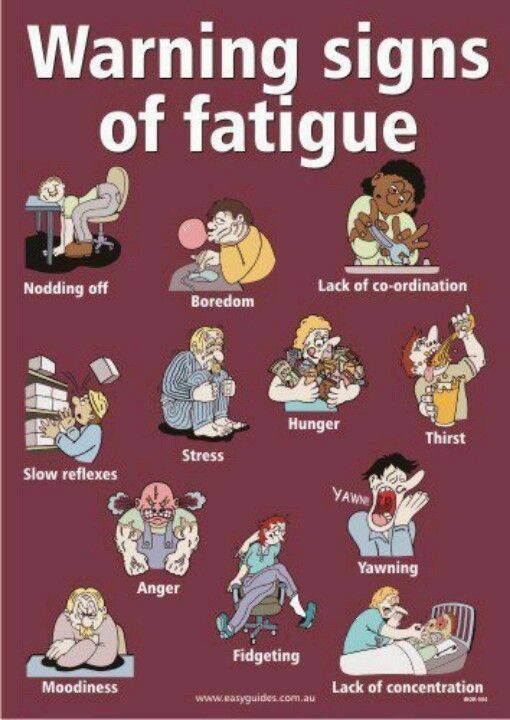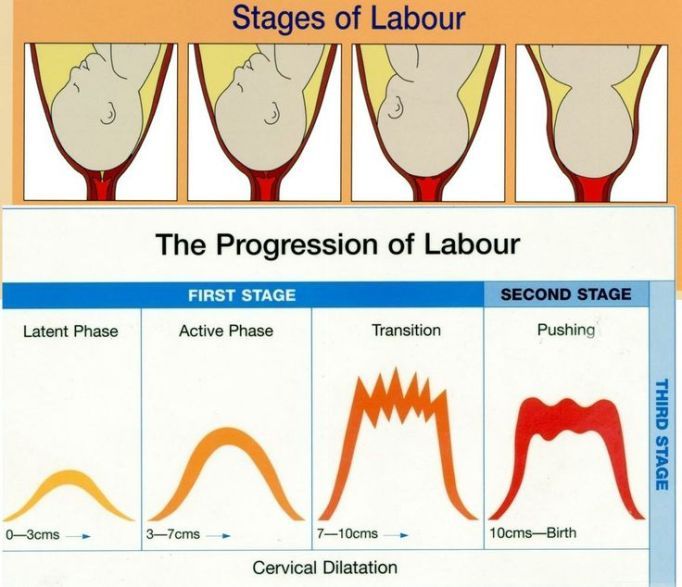Sign of illness
8 Warning Signs of Serious Illness
In many cases, a serious illness can seemingly come out of nowhere with little to no warning.
Being aware of what to look for and noticing the warning signs early on could mean the difference between life and death.
The intent of this article isn’t to scare you or give you anxiety about relatively insignificant health issues.
It is simply meant to inform about what may indicate a serious illness so you may catch these symptoms as soon as possible.
Let’s get to it.
Chest Pain
Chest pain could be caused by a number of different factors ranging from muscle soreness to a heart attack.
It’s best to monitor the severity of the pain as well as how quickly the pain sets in.
If the pain is severe and sudden, get medical help immediately.
Long-term pain, no matter how severe, could be an indicator of heart disease.
Chest pain is not something that should be ignored until it goes away.
If it persists for more than a couple of days, go see a doctor.
Abdominal Pain
Similar to chest pain, abdominal pain can have many different causes, which makes it tricky.
It could mean something as harmless as an upset stomach brought on by a certain food.
On the other hand, consistent abdominal pain could be a sign of something much more severe, like gastrointestinal disease or cancer.
Be mindful of the length and severity of your abdominal pain and respond accordingly.
Sometimes, abdominal pain can be accompanied by bowel issues, so keep an eye out for that as well.
Sudden Weight Loss or Gain
A rapid, unexplained change in weight poses significant health risks in most cases.
It could indicate a number of serious illnesses, including: diabetes, thyroid issues, and heart failure.
Severe weight loss is also a symptom of most cancers.
However, this symptom is usually coupled with several others in cancer patients.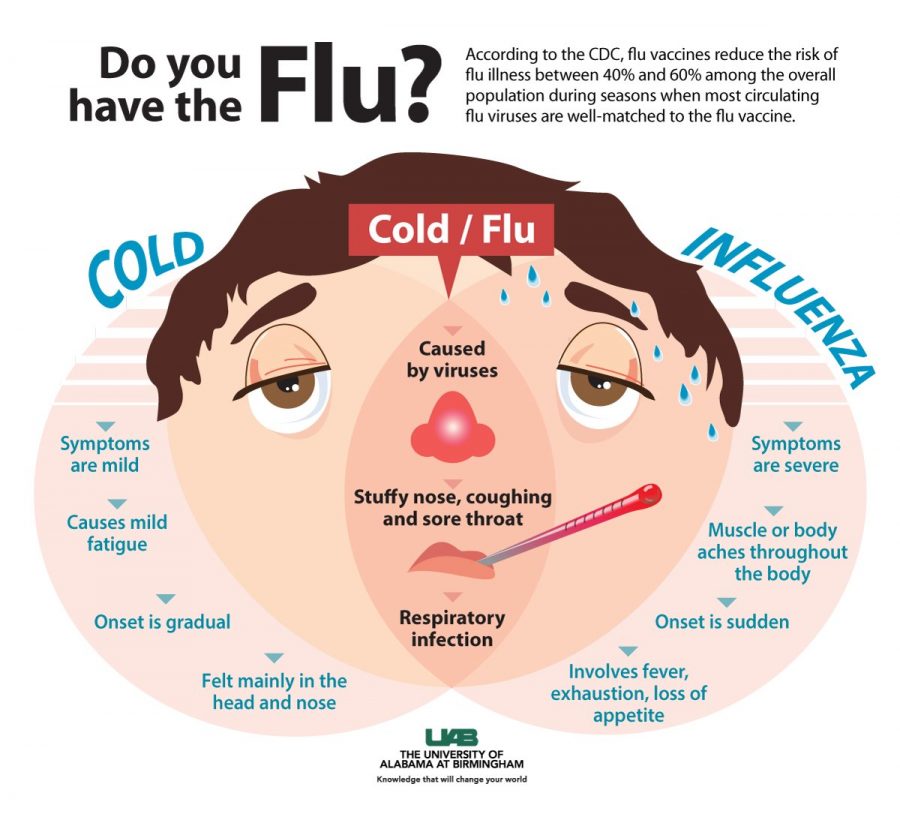
In general, consult with a doctor if you experience a sudden change in weight.
Changes in Appetite
Closely related to fluctuations in weight, immediate changes in appetite are also a red flag.
The appetite is typically affected by how quickly the body is digesting food, and a significant change in this is usually a sign that something isn’t quite right.
Keep in mind that there is nothing to worry about if you happen to become uncharacteristically hungry or full for just a day or two.
The issues have to do with lasting changes to the appetite, which directly impact weight changes.
Fatigue or Weakness
Fatigue, or feeling “run-down”, results from a wide variety of conditions.
Something as harmless as a lack of sleep or rest can invoke mild forms of fatigue.
Generally, fatigue brought on by a lack of sleep will only last a short time, provided that the sleep schedule eventually goes back to normal.
If you are so fatigued that no amount of rest can help, it could be a sign of a serious illness like heart disease, diabetes, or sleep apnea.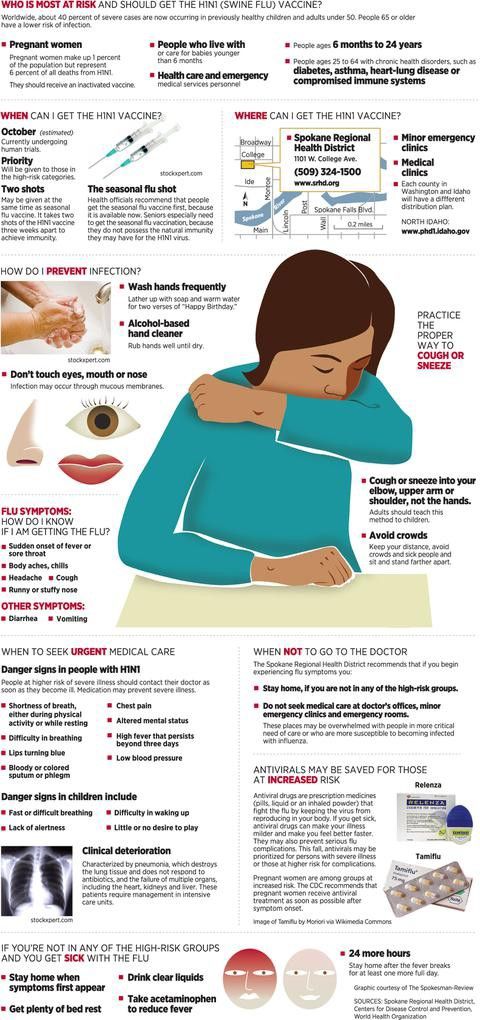
Shortness of Breath
This does not have to do with shortness of breath brought on by exercise.
Rather, this refers to shallow, rapid breathing that can be an indicator of heart or lung disease.
The immediacy of the shortness of breath can point to what is causing it.
For example, if the shortness of breath comes on suddenly, it can be a sign of asthma, low blood pressure, or pulmonary embolism (blood clot in the lung).
Long-lasting, or chronic, shortness of breath might be indicative of COPD, pulmonary edema (fluid in the lungs), or other lung diseases.
Nausea or Vomiting
No, you should not overreact every time you get the stomach flu or feel a little nauseous.
As with most of these warning signs of serious illness, only worry if the nausea or vomiting persists for an extended period of time.
This can be caused by certain gastrointestinal diseases.
Again, don’t worry if these symptoms last for a day or two.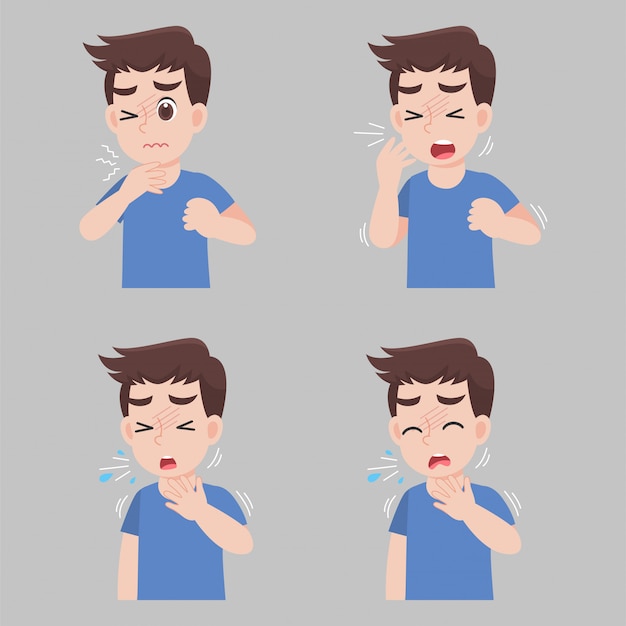
There are all kinds of factors that cause nausea and vomiting, like food poisoning or the flu.
Difficulty Swallowing
Difficulty swallowing is generally caused by some sort of damage to the throat.
This damage can take many different forms, with cancer being the most severe.
This particular warning sign typically occurs in conjunction with other symptoms, so you don’t necessarily need to be extremely vigilant regarding it.
Ankle or Leg Swelling
In many cases, ankle or leg swelling is caused by some sort of injury.
However, if the swelling can’t be directly attributed to an injury, it may be a sign of something more severe.
For example, swelling in the legs could signify a leg infection or poor circulation.
Also, it might be a sign of heart failure, kidney failure, or liver failure.
All three of these conditions produce an excess amount of fluid in the body, which causes swelling.
Call your doctor if you already have one of these disorders and the swelling gets worse. It could be a sign of complications.
It could be a sign of complications.
Skin Discoloration
According to a study conducted by a group of dermatologists, the skin may actually show what is going on inside the body in certain instances.
For example, changes in the skin’s color can be a signal of internal disease.
In the most well-known example, yellowing of the skin can signify liver disease.
Unexplained Rash or Growth on Skin
An unusual rash that appears on the skin could represent some sort of internal issue or infection as well.
For instance, people can develop a rash that is caused by an allergy to a new medicine.
Make sure to consult with your pharmacist if you do develop an unexplained rash shortly after going on a new medication.
If the rash is accompanied by other symptoms, like aches or a fever, seek medical attention.
Also, new unexpected growths on the skin could be a telltale sign of skin cancer.
If any of these growths do pop up, be sure to get them checked out by a dermatologist.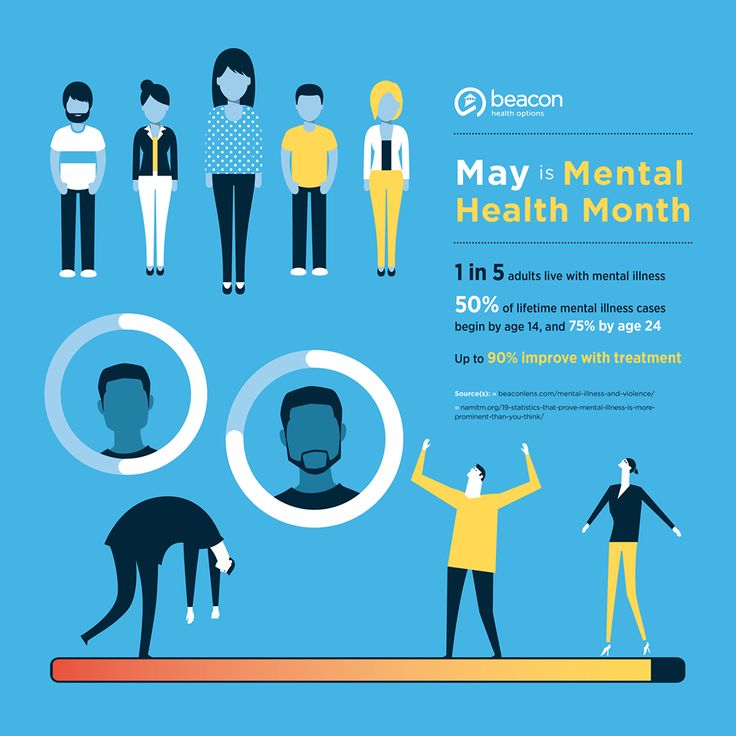
It’s much better to be safe than sorry.
Just like physical ailments, mental illnesses also have early warning signs.
They aren't the types of illnesses that simply appear out of nowhere.
In most cases, the warning signs are present and need to be noticed early on before things get worse.
Mood Changes
Drastic and sudden mood swings are one obvious sign of a mental illness.
Any sort of prolonged mental instability should be noted and taken very seriously.
Look for the person to shift from one mood to the exact opposite mood at a moment’s notice.
Also, pay attention to your own feelings and moods.
If you notice anything out of the ordinary, seek help.
Unusual Behavior
Keep an eye out for any type of unorthodox behavior.
Look for the person to seem “out of sorts” and unlike their usual self.
Problems Thinking
People with a mental illness often have a difficult time concentrating.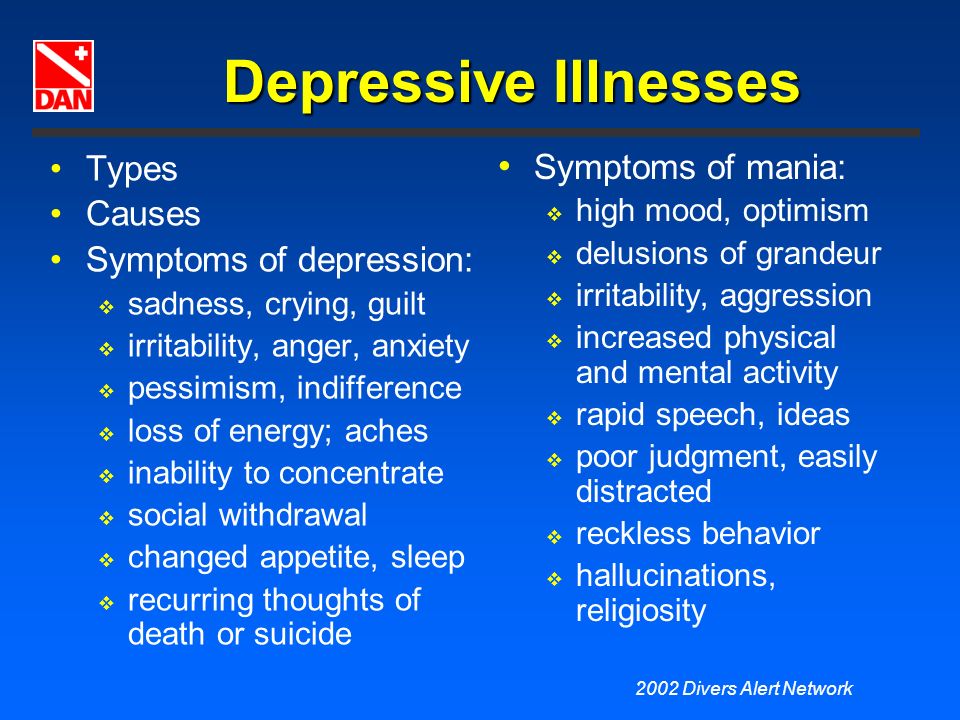
In addition, they can experience issues with logical thought and memory.
This can sometimes be coupled with illogical and over-exaggerated thinking.
Just one or two mental health symptoms cannot predict a mental illness.
If someone suffers from many symptoms to the point where it interferes with day-to-day life, then there is most likely a problem.
Also note that stress can be a factor in many mental health-related symptoms.
Fortunately, stress can be managed more easily than many mental illnesses.
A Note About Cancer
If you have been reading closely, you probably noticed that a lot of the warning signs listed above can be attributed to cancer.
It’s important to understand that in general, one single symptom is not indicative of cancer.
Cancer usually brings on a multitude of different symptoms instead of just one or two.
NEVER diagnose yourself or Google your symptoms in an attempt to self-diagnose.
This will only lead to unnecessary anxiety.
Go see a healthcare professional if your symptoms are bad enough.
They are healthcare professionals for a reason.
Mind Your Medications
Certain medications can cause symptoms similar to those of a serious illness.
Make sure to go over these side-effects with your doctor and/or pharmacist prior to starting medication.
That way you will know the precise cause of these symptoms if they do manifest themselves.
It’s best to stay worry-free!
Now that you know what to look for, be sure to make your health a priority and pay attention to what is going on in your body.
If a serious illness is diagnosed early on, it can be dealt with much more effectively.
There’s no need to panic every time something minor goes wrong.
Simply listen to your body and go see a doctor if there is a problem.
Symptom Checker - Mayo Clinic
About this Symptom Checker
Adult Symptoms
- Abdominal pain in adults
- Blood in stool in adults
- Chest pain in adults
- Constipation in adults
- Cough in adults
- Diarrhea in adults
- Difficulty swallowing in adults
- Dizziness in adults
- Eye discomfort and redness in adults
- Eye problems in adults
- Foot pain or ankle pain in adults
- Foot swelling or leg swelling in adults
- Headaches in adults
- Heart palpitations in adults
- Hip pain in adults
- Knee pain in adults
- Low back pain in adults
- Nasal congestion in adults
- Nausea or vomiting in adults
- Neck pain in adults
- Numbness or tingling in hands in adults
- Pelvic pain in adult females
- Pelvic pain in adult males
- Shortness of breath in adults
- Shoulder pain in adults
- Sore throat in adults
- Urinary problems in adults
- Wheezing in adults
Child Symptoms
- Abdominal pain in children
- Constipation in children
- Cough in children
- Diarrhea in children
- Ear problems in children
- Earache in children
- Eye discomfort and redness in children
- Eye problems in children
- Fever in children
- Headaches in children
- Joint pain or muscle pain in children
- Nasal congestion in children
- Nausea or vomiting in children
- Skin rashes in children
- Sore throat in children
- Urinary problems in children
- Wheezing in children
- Walls RM, et al.
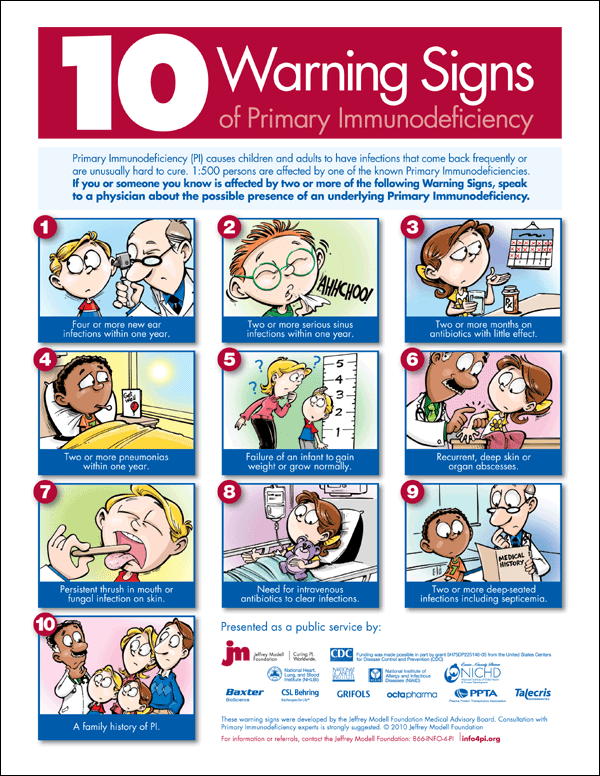 , eds. Rosen's Emergency Medicine: Concepts and Clinical Practice. 9th ed. Philadelphia, Pa.: Elsevier; 2018. https://www.clinicalkey.com. Accessed Oct. 30, 2017.
, eds. Rosen's Emergency Medicine: Concepts and Clinical Practice. 9th ed. Philadelphia, Pa.: Elsevier; 2018. https://www.clinicalkey.com. Accessed Oct. 30, 2017. - Palmer J, et al. Abdominal pain mimics. Emergency Medicine Clinics of North America. 2016;34:409.
- UpToDate. https://www.uptodate.com/contents/search. Accessed Oct. 30, 2017.
- Zeiter D. Abdominal pain in children. Pediatric Clinics of North America. 2017;64:525.
- Palmer J, et al. Abdominal pain mimics. Emergency Medicine Clinics of North America. 2016;34:409.
- Feldman M, et al. Sleisenger and Fordtran's Gastrointestinal and Liver Disease: Pathophysiology, Diagnosis, Management. 10th ed. Philadelphia, Pa.: Saunders Elsevier; 2016. https://www.clinicalkey.com. Accessed Oct. 30, 2017.
- Merck Manual Professional Version. https://www.merckmanuals.com/professional. Accessed Oct. 30, 2017.
- AskMayoExpert. Rochester, Minn.: Mayo Foundation for Medical Education and Research; 2017.
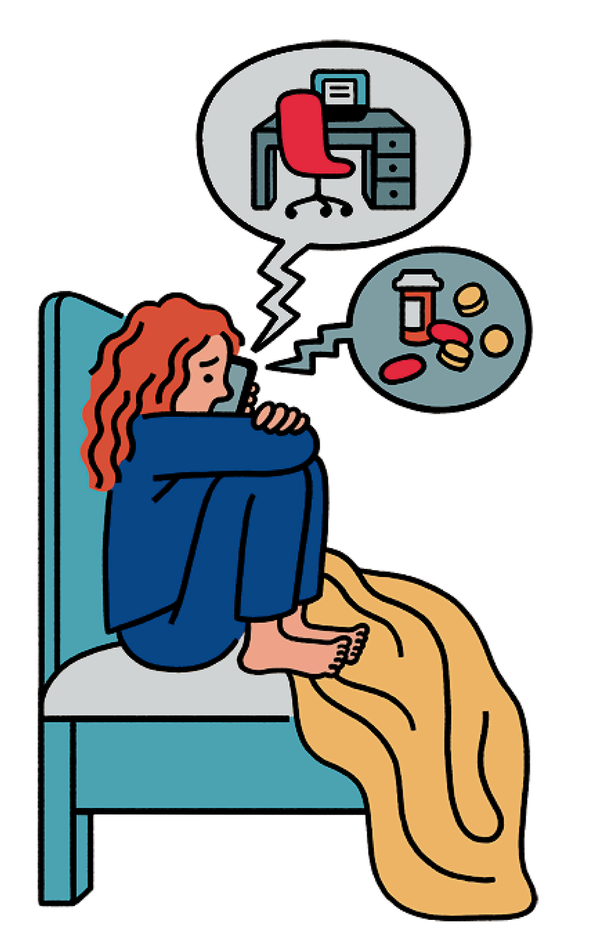
- Kliegman RM, et al. Nelson Textbook of Pediatrics. 20th ed. Philadelphia, Pa.: Elsevier; 2016. https://www.clinicalkey.com. Accessed Nov. 2, 2017.
- Zitelli BJ, et al., eds. Zitelli and Davis' Atlas of Pediatric Physical Diagnosis. Philadelphia, Pa.: Elsevier; 2017. https://www.clinicalkey.com. Accessed Nov. 11, 2017.
- Ferri FF. Ferri's Clinical Advisor 2018. Philadelphia, Pa.: Elsevier; 2018. https://www.clinicalkey.com. Accessed Nov. 11, 2017.
- Muncie HL, et al. Dizziness: Approach to evaluation and management. American Family Physician. 2017;95:154.
- American College of Emergency Physicians. https://www.acep.org. Accessed Nov. 11, 2017.
- U.S. Food and Drug Administration. http://www.fda.gov. Accessed Nov. 11, 2017.
- Schmitt BD. Fever. In: Pediatric Telephone Protocols: Office Version 15th ed. Elk Grove Village, Ill.: American Academy of Pediatrics; 2015.
- Mannenbach MS (expert opinion). Mayo Clinic, Rochester, Minn.
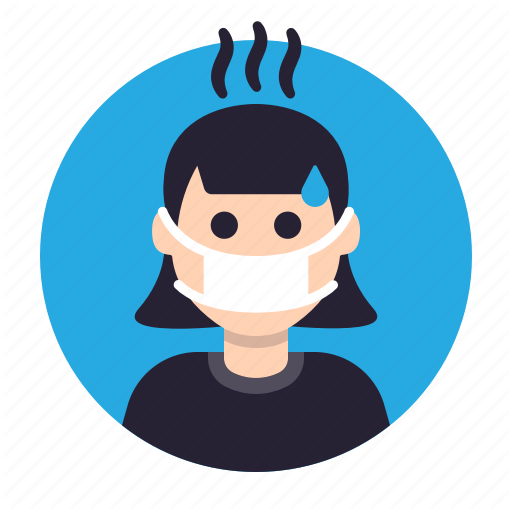 June 14, 2017.
June 14, 2017. - Goyal DG (expert opinion). Mayo Clinic, Rochester, Minn. June 14, 2017.
- Hoecker JL (expert opinion). Mayo Clinic, Rochester, Minn. Aug. 28, 2017.
- American Academy of Orthopaedic Surgeons. https://orthoinfo.aaos.org. Accessed Nov. 20, 2017.
- Petty RE, et al., eds. Textbook of Pediatric Rheumatology. 7th ed. Philadelphia, Pa.: Elsevier; 2016. https://www.clinicalkey.com. Accessed Nov. 20, 2017.
- Elsevier Point of Care. https://www.clinicalkey.com. Accessed Nov. 20, 2017.
- Kasper DL, et al., eds. Harrison's Principles of Internal Medicine. 19th ed. New York, N.Y.: McGraw-Hill Education; 2015. http://accessmedicine.mhmedical.com. Accessed Nov. 20, 2017.
- Wein AJ, et al., eds. Campbell-Walsh Urology. 11th ed. Philadelphia, Pa.: Elsevier; 2016. https://www.clinicalkey.com.. Accessed Dec. 2, 2017.
- National Eye Institute. https://nei.nih.gov. Accessed Dec. 5, 2017.
- Wilkinson JM (expert opinion).
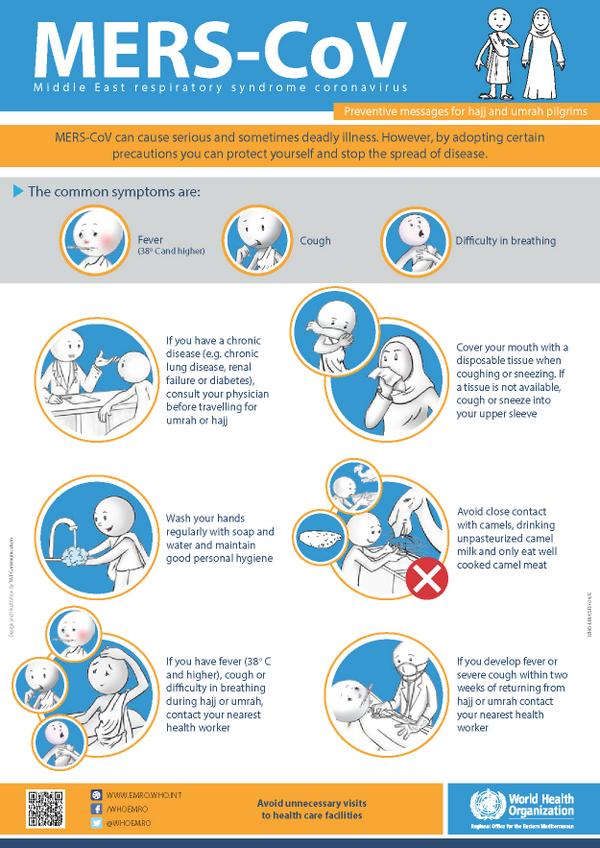 Mayo Clinic, Rochester, Minn. Nov. 8, 2017.
Mayo Clinic, Rochester, Minn. Nov. 8, 2017.
Advertisement
Mayo Clinic does not endorse companies or products. Advertising revenue supports our not-for-profit mission.
Advertising & Sponsorship
- Policy
- Opportunities
- Ad Choices
Mayo Clinic Press
Check out these best-sellers and special offers on books and newsletters from Mayo Clinic Press.
- Mayo Clinic on Incontinence - Mayo Clinic PressMayo Clinic on Incontinence
- NEW – The Essential Diabetes Book - Mayo Clinic PressNEW – The Essential Diabetes Book
- NEW – Mayo Clinic on Hearing and Balance - Mayo Clinic PressNEW – Mayo Clinic on Hearing and Balance
- FREE Mayo Clinic Diet Assessment - Mayo Clinic PressFREE Mayo Clinic Diet Assessment
- Mayo Clinic Health Letter - FREE book - Mayo Clinic PressMayo Clinic Health Letter - FREE book
.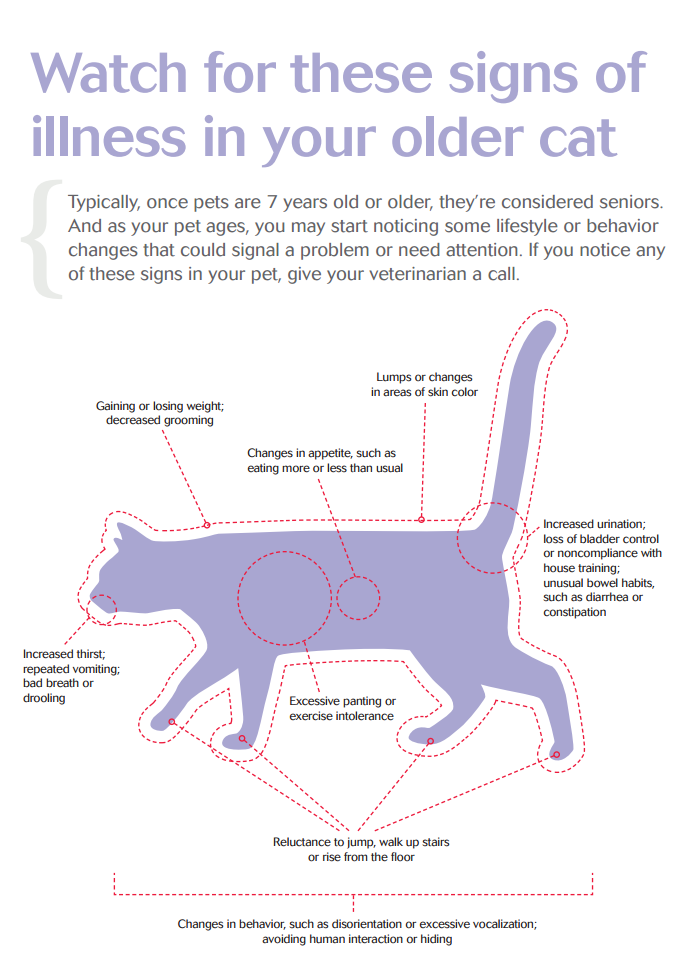
ITT-20009075
Mayo Clinic Footer
Alzheimer's disease - symptoms, causes, signs, diagnosis and treatment in "SM-Clinic"
This disease is treated by Neurologist
Book online Request a call
- What is Alzheimer's disease?
- Symptoms of Alzheimer's disease
- Causes of Alzheimer's disease
- Diagnosis of Alzheimer's disease in "SM-Clinic"
- Treatment of Alzheimer's disease in "SM-Clinic"
- Prevention of Alzheimer's disease
- Doctors
Symptoms of Alzheimer's disease
The disease is divided into four stages, according to the progression of symptoms from mild to severe. The first stage of dementia is characterized by:
- memory disorders;
- difficulties with the assimilation of new knowledge;
- problems with abstract thinking and concentration;
- indifference to current events;
- inattention;
- disorientation in space.
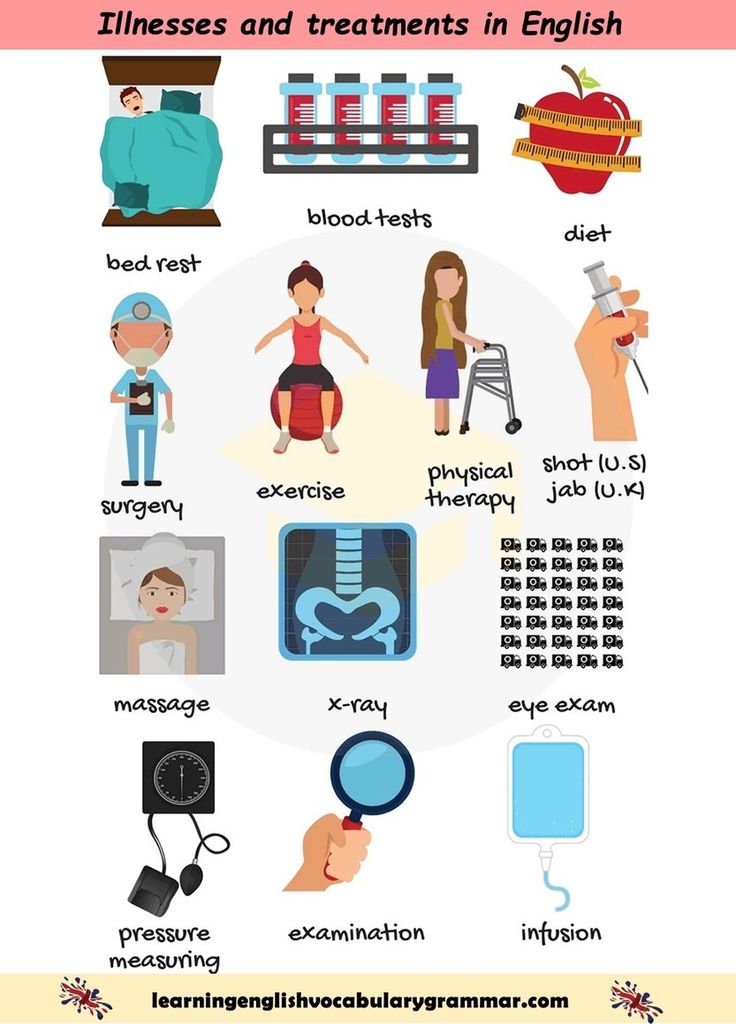
In the second stage, symptoms progress, memory deteriorates along with visual, tactile and auditory sensations. There are speech disorders (aphasia), problems with coordination and motor skills.
In the third stage of Alzheimer's disease, the patient's condition worsens. Speech disorders progress, writing and reading skills are lost, vocabulary decreases. The patient often ceases to recognize friends and relatives. The person becomes irritable, aggressive, resists attempts to help.
In the fourth, severe stage of dementia, the patient depends on the support and help of others. There is a complete loss of speech functions, a person is in an apathetic state, loses weight and loses the ability to move independently.
Causes of Alzheimer's disease
Causes of dementia in Alzheimer's disease are not well understood. Scientists believe that the violations occur due to a decrease in the synthesis of acetylcholine, a substance that transmits impulses from nerve cells.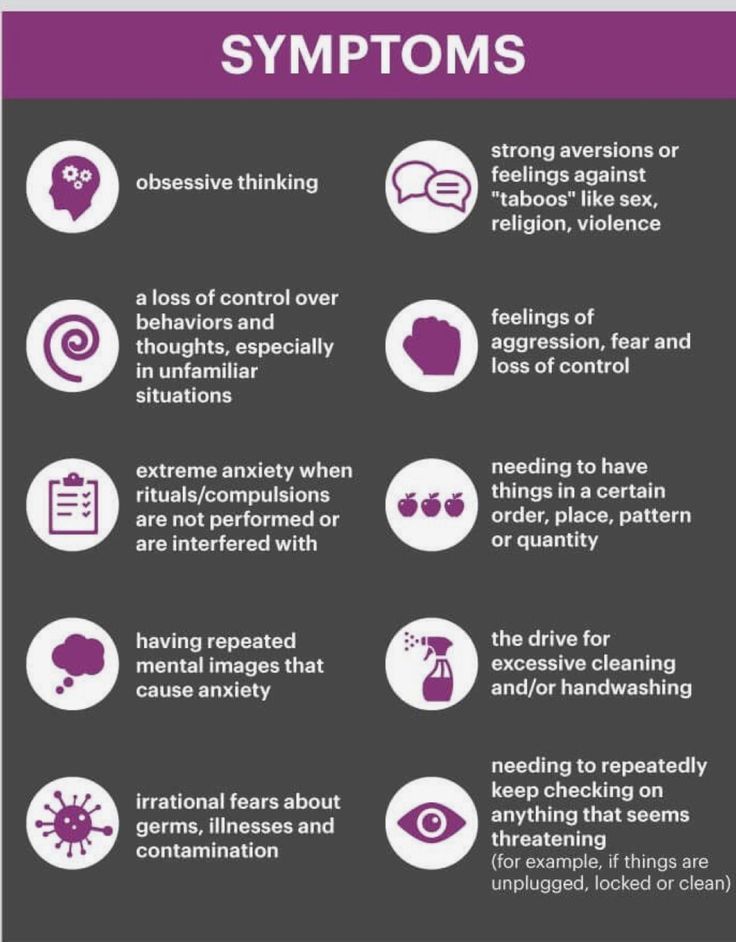
Another theory says that the disease develops due to deposits of peptides (substances consisting of amino acid residues) in brain tissues.
The latest theory of Alzheimer's disease is based on the fact that certain groups of proteins accumulate in neurofibrillary tangles in brain neurons and disrupt the connections between nerve cells.
There is a genetic predisposition to the disease.
Get advice
If you experience these symptoms, we recommend that you make an appointment with your doctor. Timely consultation will prevent negative consequences for your health.
You can find out more about the disease, prices for treatment and sign up for a consultation with a specialist by phone:
+7 (495) 292-39-72
Request a call back Book online
Why SM-Clinic?
1
Treatment is carried out in accordance with clinical recommendations
2
Comprehensive assessment of the nature of the disease and treatment prognosis
3
Modern diagnostic equipment and own laboratory
4
High level of service and balanced pricing policy
Diagnosis of Alzheimer's disease at the SM-Clinic
Neurologists at the SM-Clinic in Moscow have many years of experience in diagnosing and treating Alzheimer's disease.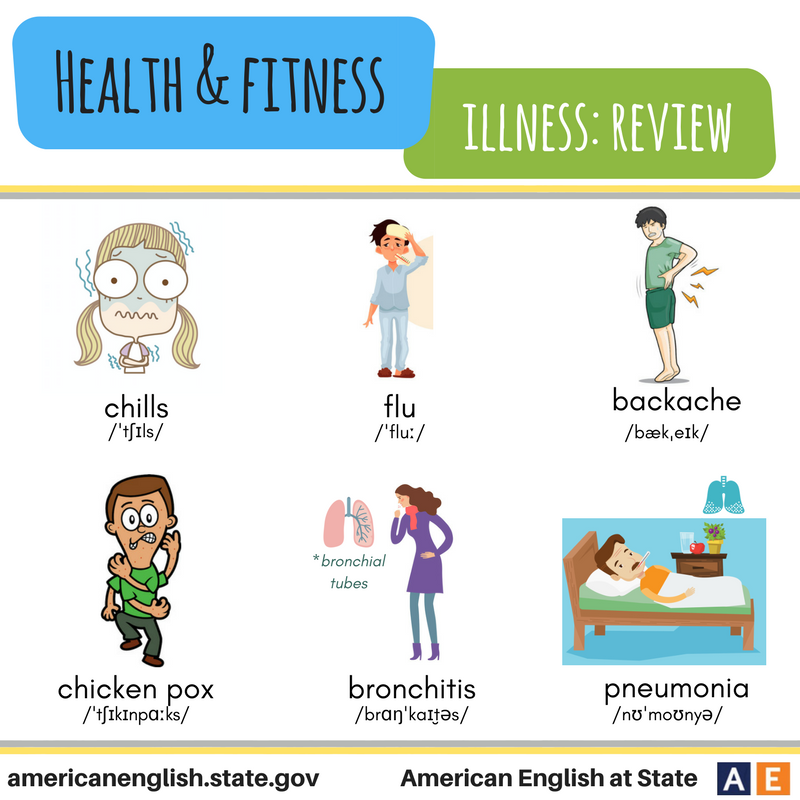 Our clinics are equipped with the necessary modern equipment for making the correct diagnosis. We perform the following examinations for our patients with suspected dementia:
Our clinics are equipped with the necessary modern equipment for making the correct diagnosis. We perform the following examinations for our patients with suspected dementia:
- computed tomography;
- magnetic resonance imaging;
- electroencephalography;
- electrocardiography;
- Thyroid ultrasound, etc.
To assess the level of dementia and choose a treatment method, SM-Clinic doctors conduct a complete neurological examination, carefully interview the patient or his relatives about the onset and symptoms of the disease. After that, the neurologist conducts detailed neuropsychological tests that give complete and reliable results.
If necessary, the patient is examined by a psychiatrist, endocrinologist and doctors of other specialties, such an integrated approach allows you to choose the most effective therapy.
Laboratory tests (blood, hormones, etc.) are carried out in the clinic's laboratory equipped with high-tech equipment. Own laboratory is an advantage of SM-Clinic, as all studies are carried out in a short time with high accuracy.
Own laboratory is an advantage of SM-Clinic, as all studies are carried out in a short time with high accuracy.
Treatment of Alzheimer's disease at SM-Clinic
If you decide where to treat Alzheimer's disease, come to SM-Clinic! The neurologists of the clinic do their best to help their patients slow down the course of dementia and get rid of unpleasant symptoms. In Alzheimer's disease, treatment methods are aimed at alleviating the manifestations of the disease and curbing its development.
Medical therapy and care are selected individually for each patient at the SM-Clinic. Among the drugs prescribed by our doctors are:
- cholinesterase inhibitors;
- NMDA antagonists;
- neuroleptics.
Also, in order to improve the condition and quality of life of people with Alzheimer's disease, the doctors of the SM-Clinic treat concomitant diseases.
Prevention of Alzheimer's disease
Among the methods of prevention of Alzheimer's disease are:
- giving up bad habits;
- healthy lifestyle;
- physical activity;
- control over the work of the cardiovascular system;
- brain activity (reading, learning languages, intellectual games, etc.
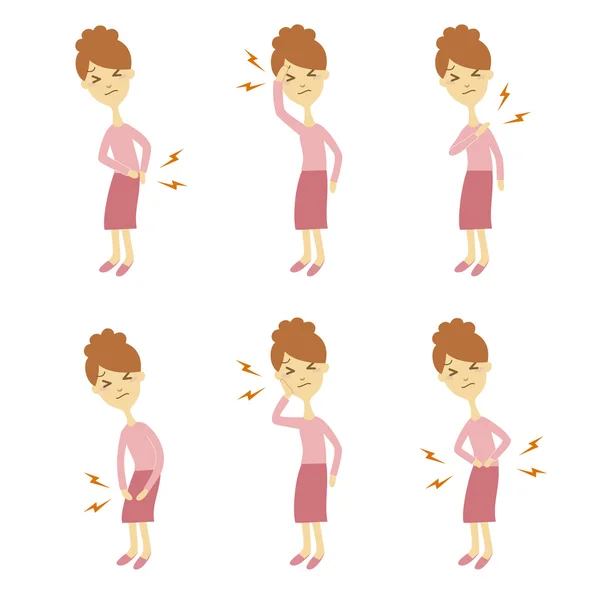 ).
).
>
Diseases referred to Neurologist
Pituitary adenoma Amnesia Cerebral aneurysm Atherosclerosis of cerebral vessels Aphasia Insomnia Parkinson's disease Backache Vegetovascular dystonia (VVD) Epstein-Barr virus Hydrocephalus Schmorl's hernia dysarthria Stroke Intervertebral hernia Intercostal neuralgia Meningitis myasthenia gravis Myofascial Syndrome Neuralgia trigeminal neuralgia Neurasthenia fainting Polyneuropathy Polio Radiculitis Enuresis Encephalopathy
All doctors
VDNKh metro station
Belorusskaya metro station
Lesnaya, 57, pp. 1
Lane Raskova, 14/22
m. Youth
m. Textiles
m. Dynamo
m. Kurskaya
m. Sevastopol
m. Chertanovskaya
Krylatskoye metro station
Voykovskaya metro station
Staropetrovsky proezd, 7A, building 22
Clara Zetkin, 33 bldg. 28
Baltiyskaya metro station
Staropetrovsky proezd, 7A, building 22
st. Clara Zetkin, 33 bldg. 28
Clara Zetkin, 33 bldg. 28
Maryina Roshcha metro station
Novye Cheryomushki metro station
Vodny stadium metro station
Street 1905 metro station
All doctors
Loading
Licenses
Go to the license section Go to the legal information section
Signs of oncology
Oncology, or as it is also called cancer, is a group of tumors that grow from skin cells and mucous membranes. Another name, sarcoma, refers to malignant tumors of muscle, bone, and fatty tissue. These tumors tend to metastasize and invade normal organ tissues, so surgical intervention does not always contribute to a positive result. It is best when the tumor can be detected at an early stage of its development, but such diagnosis is somewhat difficult. For such detection of oncology at an early stage of development, you need to know the signs of cancer, and at the slightest suspicion, you should immediately consult an oncologist.
Each person manifests these symptoms individually, but the general picture is as follows: at first, fatigue and weakness appear. The weight of a person drops sharply for no apparent reason. There are thickenings and tumors, subcutaneous nodules. This is especially true for the area of the mammary glands, inguinal regions and armpits. Blood or pus, sometimes mucus, may appear in the urine and stool. Wounds do not heal for a long time, coughing may not go away for a long time, the timbre of the voice changes. Body temperature ranges from 37 degrees to 38 degrees Celsius, such a temperature fluctuation lasts from two weeks to several months, sometimes up to several years. Oncological diseases are very insidious, so the first stages of the disease can be asymptomatic. Everyone can make the right conclusion for themselves that it is much easier to prevent a disease, to nullify it, than to treat an already advanced form of oncology later. To prevent oncological diseases at an early stage of development, you need to contact our medical center, where, thanks to modern equipment and new diagnostic methods, the correct diagnosis will be made in a timely manner, which means that the treatment of this difficult disease will begin on time.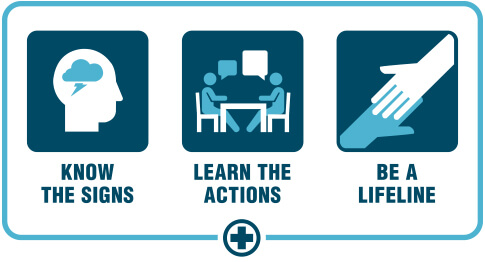 Diagnosis at an early stage will significantly increase a person's chances of a full recovery. It will not be superfluous to find out the causes of oncological diseases.
Diagnosis at an early stage will significantly increase a person's chances of a full recovery. It will not be superfluous to find out the causes of oncological diseases.
There is no exact formulation of the causes of oncological diseases, but there are two versions of the occurrence and causes of oncology. The first one is genetic. In DNA cells, hereditary information is violated. The second is viral. Activation of the virus occurs, which leads to a violation of the gene apparatus of the cell. Both of these versions say that the disease appears due to a violation of genetic information that occurs under the influence of external factors. A person, without suspecting it, can be a carrier of this disease, the impact of external and internal factors only starts the process of degeneration of body cells. Some of these factors are known, they are carcinogens: radiation, ultraviolet radiation, viruses, some chemicals. The worst thing is that this disease can appear at any age, no one is immune from it.
The course of oncological diseases is conditionally divided into several stages:
1. The first stage is characterized by the division of atypical cells that have appeared.
2. At the second stage, a tumor is formed and appears.
3. The third stage is characterized by the appearance of metastases in other organs.
4. The fourth stage is characterized by the appearance of relapses, destruction of other organs and tissues. Unfortunately, treatment at this stage is almost impossible.
Symptoms of oncological disease depend on the structure and nature of tumor growth, as well as on all diseases that a person has. Symptoms can be influenced by age, gender, and lifestyle of the patient. But there are the most striking symptoms that indicate the presence of the disease. The first symptom is the appearance of a tumor. It may be benign and has nothing to do with cancer. However, by contacting an oncologist, you should undergo a detailed examination and diagnosis.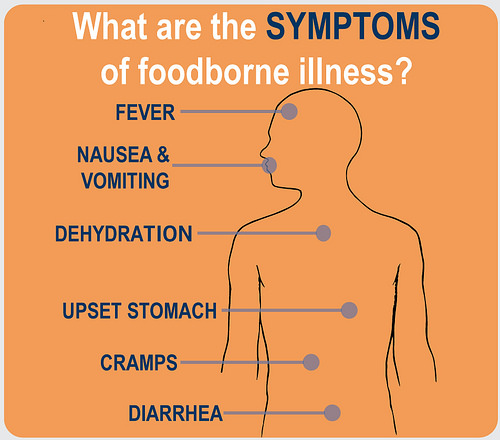 The tumor can be painless, but only a specialist doctor can determine its nature and danger to health and life. People who have a long history of smoking may develop a cough. Sometimes this indicates processes in the respiratory tract, but if, despite treatment, the cough does not go away for two or more weeks and, moreover, is accompanied by the presence of blood streaks in the sputum, most likely, we can talk about suspicion of lung cancer. The appearance of bleeding indicates disorders in the human body, it can be various diseases, but often such bleeding is a sure symptom of a malignant tumor. Seeing a doctor in any of these cases is a must! Much attention should be paid to moles. A mole is a benign tumor, and in itself it does not pose a danger. But this tumor can become malignant - melanoma.
The tumor can be painless, but only a specialist doctor can determine its nature and danger to health and life. People who have a long history of smoking may develop a cough. Sometimes this indicates processes in the respiratory tract, but if, despite treatment, the cough does not go away for two or more weeks and, moreover, is accompanied by the presence of blood streaks in the sputum, most likely, we can talk about suspicion of lung cancer. The appearance of bleeding indicates disorders in the human body, it can be various diseases, but often such bleeding is a sure symptom of a malignant tumor. Seeing a doctor in any of these cases is a must! Much attention should be paid to moles. A mole is a benign tumor, and in itself it does not pose a danger. But this tumor can become malignant - melanoma.
Pay attention to the following points:
1. The mole has a smooth and even surface.
2. The edges of the mole should be smooth; in melanoma, they are usually jagged.
3.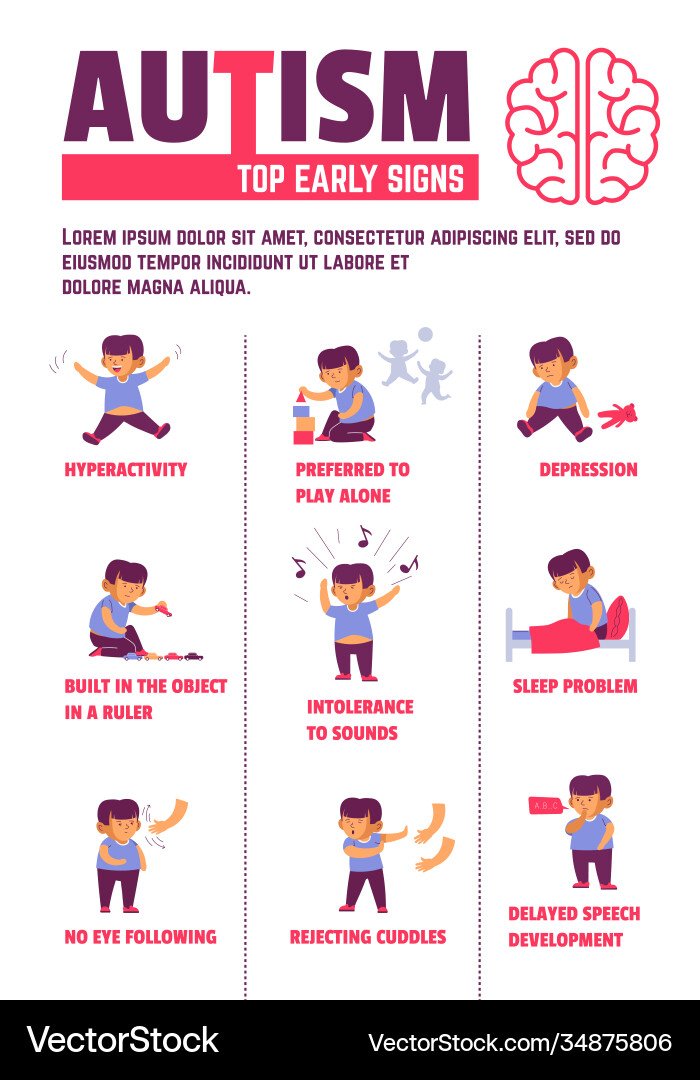 Melanoma can be any color: black, pink, white, red and with a blue tint.
Melanoma can be any color: black, pink, white, red and with a blue tint.
4. Melanomas can bleed, itch, and crust.
Such indicative symptoms may be quite rare, but they must be known. When each of the above symptoms appears, you need to contact the oncologist of the polyclinic at the place of residence or the diagnostic center. When confirming the diagnosis, surgical treatment is indicated in any specialized oncological institution (clinic, hospital). You also need to contact a specialist if suspicious spots appear on the body that do not disappear for a long time. It is not worth postponing a visit to an oncologist, a timely diagnosis and treatment initiated contributes to a complete recovery. It should be remembered that if a person is diagnosed with cancer, there is no need to despair. Although the disease is still considered practically incurable, it can be successfully treated in the early stages of the disease. Our medicine, which is armed with new technologies and methods, is able to cure patients in the second and third stages of cancer.